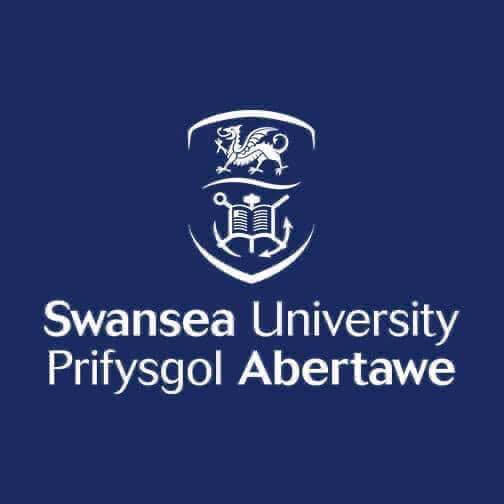fees waived
Finance (Sustainability), BSc (Hons)
Swansea University, United Kingdom
Subject ranking
UK / Guardian 2025 29th
UK / CUG 2024 31st
UK / ARWU 2024 36th
Costs
food & rentS$17.3K / year
Entry requirements
Scholarships
Limited quantity
Limited quantity
Limited quantity
Limited quantity
Limited quantity
Information
Code
Code
Intakes
Programmes
Information
Duration
2028
Swansea University's Accounting and Finance program boasts a strong reputation for equipping graduates with essential skills for the financial sector, emphasizing modern finance theories, sustainability, and ethical practices. The curriculum integrates global, social, and environmental considerations, including topics like sustainable investing, ESG data, and environmental economics, while drawing on lecturers' real-world experience to ensure relevance.In the first year, students build a foundation through compulsory modules such as Foundations of Finance and Economics for Accounting and Finance. Later years offer a mix of required and optional courses, including Corporate Governance, Asset Management, and Sustainable Reporting. Assessment methods encompass examinations, written assignments, class tests, and group presentations, fostering strong research, analytical, and communication skills. For detailed program information, visit the university's website or contact study@swansea.ac.uk.
Your first year of study is made up of compulsory modules, ensuring a solid foundation in core disciplines. Compulsory modules are studied by all students on the programme, meaning you are automatically enrolled. Examples of compulsory modules include: • Foundations of Finance • Foundations of Financial Accounting • Economics for Accounting and Finance Your second and third years will comprise of a mixture of compulsory and optional modules, which you can pick according to your chosen career. Examples of 2nd and 3rd year modules include: • Corporate Governance and Ethics • Corporate Finance • Financial markets and Institutions • Environmental and Resource Economics • Asset Management • Sustainable Reporting For the full programme structure and module breakdown, please visit our webpage at https://www.swansea.ac.uk/undergraduate/courses/som/accounting-finance/
A local representative of Swansea University in Singapore is available online to assist you with enquiries about this course.

